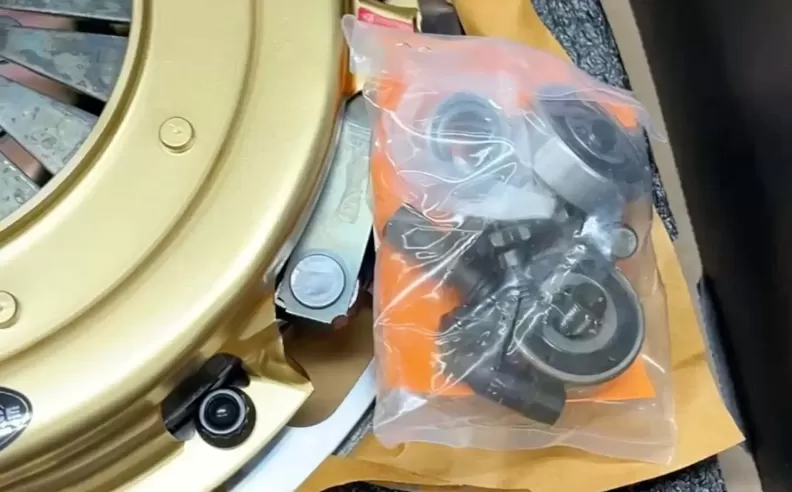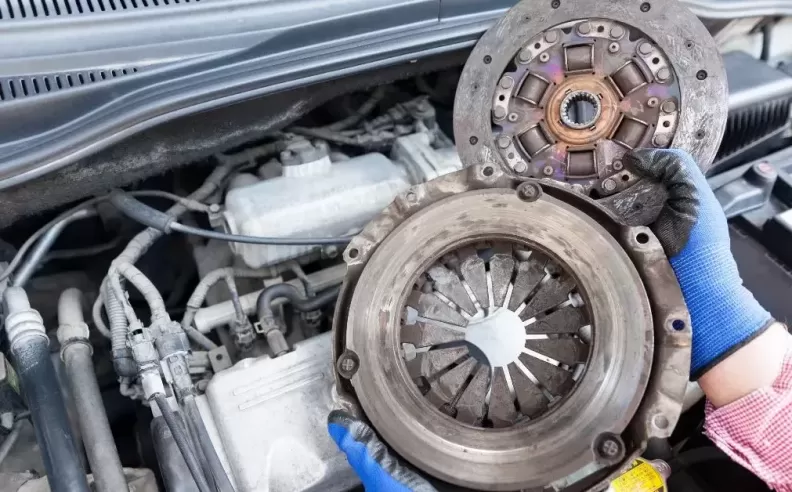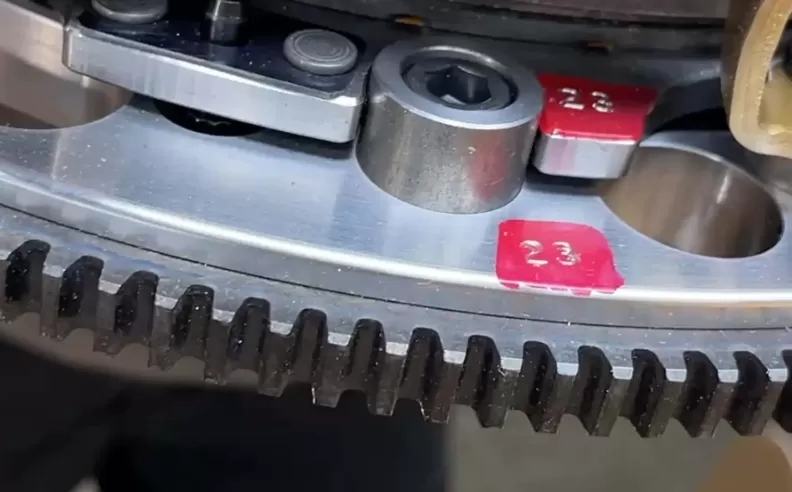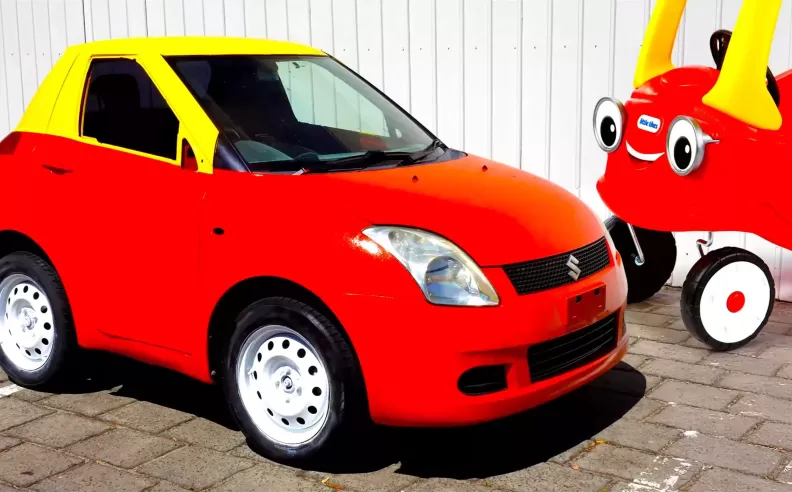
Whether you're building a daily driver with some extra bite or a full-blown track monster, one of the most critical choices you'll face is picking the right clutch. This is not just about transferring power to the wheels, it's about finding the perfect balance between comfort and performance. From understanding your actual driving needs to choosing between single and twin disc setups, here’s a breakdown of what really matters when it comes to your clutch upgrade.

Not all clutches are built the same, and what works for the track might make daily driving unbearable. According to Trent McGee, marketing director at Centerforce Clutches, the right choice starts with how you plan to use your car. If you drive your build every day, you need a clutch that engages smoothly and doesn’t demand leg day-level pressure. A soft pedal feel, minimal vibration, and easy take-off from a stop are essential.
But if your car is all about high-rev launches and timed laps, then durability comes first. This means you’ll be looking at clutches that can handle more torque, often using aggressive friction materials. The downside? Less comfort, more noise, and a rougher drive. It’s all about tradeoffs, so knowing your usage scenario is the first step toward making the right call.

Once your car starts pushing torque levels beyond 880 Nm, the game changes. At this point, a single disc setup may no longer cut it. That’s where twin disc clutches come in. With twice the friction surface, they can handle serious torque without making the pedal unbearably stiff. That’s exactly why the Centerforce SST twin disc clutch was selected for the Camaro build project.
Still, twin disc clutches aren’t perfect. They often produce more noise and weigh more due to components like the floating plate. However, brands like Centerforce address this with internal damping springs that reduce chatter, making them viable even for semi-daily use. This setup bridges the gap between full race performance and acceptable street manners.

One of the biggest mistakes beginners make is going overboard, picking a clutch rated for power they might never reach. Instead of planning for an imaginary future, build around what you currently have, while leaving some room to grow. A clutch that’s too aggressive will ruin the driving experience if your car is mostly used on public roads.
Also, never rely solely on online forums or random advice. The smartest move is to call the manufacturer. Companies like Centerforce have teams that live and breathe this stuff. They’ll help you pick a setup that fits your car and your goals. Choosing a clutch shouldn’t be about bragging rights, it should be about building a car that performs without making you hate driving it.

Started my career in Automotive Journalism in 2015. Even though I'm a pharmacist, hanging around cars all the time has created a passion for the automotive industry since day 1.

